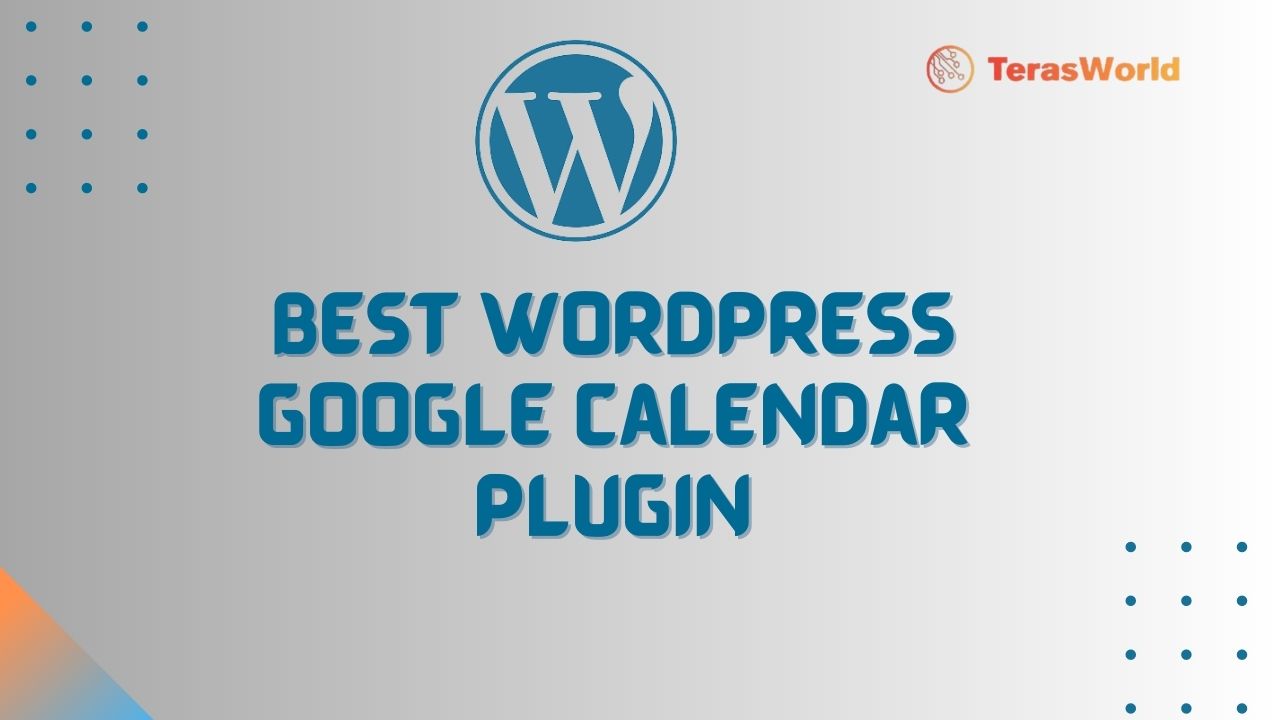In this section, we will provide a brief introduction to the topic of integrating Google Calendar into WordPress websites. We will highlight the significance of using a Google Calendar plugin and how it enhances the event management capabilities of a WordPress site. Additionally, we will introduce the best Google Calendar plugin available for WordPress users, emphasizing its features and benefits.
II. Why You Need a Google Calendar Plugin for WordPress:
This section will delve deeper into the reasons why having a Google Calendar plugin on a WordPress site is crucial. We will explore the advantages of streamlined event management and scheduling, automatic syncing, and updates between Google Calendar and WordPress. Furthermore, we will highlight the seamless integration with other Google services, such as Gmail and Google Docs, for enhanced productivity and efficiency.
III. Top Features of the Best WordPress Google Calendar Plugin:
Here, we will outline the key features that make the chosen Google Calendar plugin stand out from the rest. The focus will be on its real-time two-way sync with Google Calendar, ensuring that any changes made in one platform are immediately reflected in the other. We will also highlight its customization options, allowing users to tailor the display of events to match their website’s design and branding. Multiple calendars support for different purposes, color-coding, and categorization features will be mentioned as well, making event organization and identification a breeze. Lastly, we will emphasize its mobile responsiveness to cater to users accessing the site on various devices.
IV. How to Download and Install the WordPress Google Calendar Plugin:
In this section, we will provide a step-by-step guide on how to acquire and install the Google Calendar plugin from the official WordPress repository. We will explain the process of finding the plugin within the WordPress dashboard and demonstrate the simple steps to download and activate it. By the end of this section, readers will have successfully installed the plugin and will be ready to proceed with its configuration.
V. Configuring the Plugin for Your Specific Needs:
Here, we will guide readers through the initial setup of the Google Calendar plugin after installation. The focus will be on connecting the plugin to their Google Calendar account, allowing seamless synchronization between the two platforms. We will explain how to select specific calendars to display on their WordPress site, enabling them to showcase relevant events to their audience. Additionally, we will cover customizing event display options, such as choosing event layouts and styles to match their website’s design. Finally, we will demonstrate how to set up event reminders and notifications to keep their users informed about upcoming events.
Also Read: Boost Your Website’s Engagement: Learn How to Add Popup in WordPress
VI. Frequently Asked Questions (FAQ) about the WordPress Google Calendar Plugin:
In this section, we will address common questions and concerns that readers may have about the Google Calendar plugin for WordPress. We will provide clear and concise answers to questions such as the best plugin recommendation, compatibility with various WordPress themes, and the ability to display multiple calendars on different pages. We will also touch on how the plugin handles recurring events and whether it allows users to embed Google Calendar directly into their posts and pages. Additionally, we will assure readers of the plugin’s mobile-friendliness and how it adapts to different screen sizes.
VII. Tips for Maximizing the Benefits of the WordPress Google Calendar Plugin:
This section will offer practical tips and suggestions on making the most out of the Google Calendar plugin’s capabilities. We will advise readers on creating engaging event titles and descriptions to attract visitors’ attention. Furthermore, we will encourage them to utilize event categories and tags for easy navigation and better organization of their calendar content. Lastly, we will suggest integrating the plugin with other WordPress tools and plugins to enhance the overall functionality and user experience.
VIII. Troubleshooting and Support:
In this section, we will address potential issues that users might encounter while using the Google Calendar plugin and offer troubleshooting solutions. We will cover common problems, such as sync errors or compatibility issues, and guide readers on how to resolve them. Additionally, we will provide contact details for plugin support and direct readers to community resources, such as forums or documentation, for further assistance.
IX. Conclusion:
In the final section, we will summarize the key points discussed throughout the blog post. We will reiterate the benefits of using a Google Calendar plugin on a WordPress site, emphasizing its role in enhancing event management and organization. We will encourage readers to take action and download the plugin to optimize their website’s scheduling and engagement capabilities.










